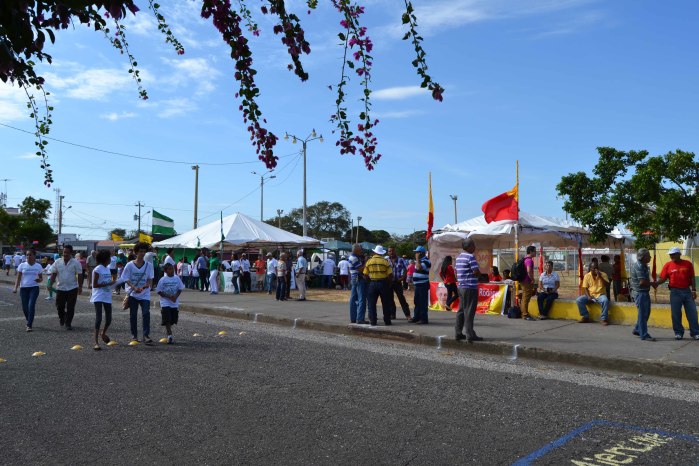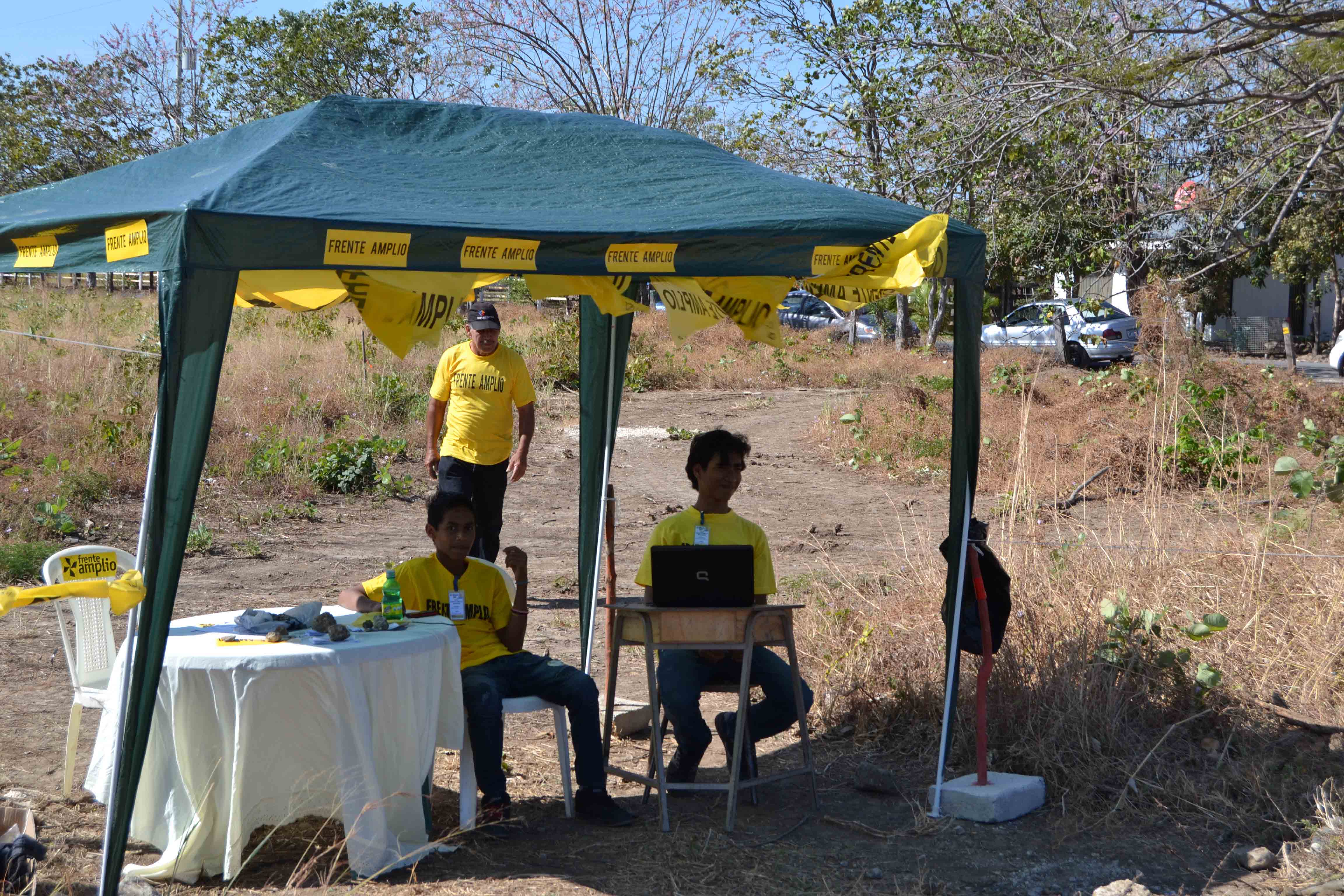CAÑAS, Guanacaste – In the strong wind and baking Guanacaste sun, voters in this northwestern province headed to the polls peacefully Sunday morning, but expressed doubt that the change they needed in their everyday lives would come with a new administration.
Many of Guanacaste’s 326,000 residents – plus an estimated 250,000 migrant workers – are still fighting to recover from a 2009 economic crisis that wreaked havoc on tourism and construction businesses, two of the region’s most important sectors.
Agriculture and livestock also are crucial to the local economy, and many farmers are unhappy with recent free trade agreements they say have left them at a disadvantage. Many of those farmers say they’ll vote for a change in administration from the dominant National Liberation Party, but they don’t expect much.
“Guanacaste traditionally relies on agriculture and livestock, and in the most recent administrations, with the free trade agreements (Costa Rica has adopted), the producers have been forgotten,” said Alberto Eras, a rice farmer from Montenegro, a small town between Cañas and Bagaces, on the road to Liberia.
“We have to save agriculture in Guanacaste,” he added before entering to vote at the Centro Educativo Montenegro, in the canton of Bagaces.
Plácido Jiménez, who also is one of the province’s 221,688 registered voters, added, “There are no jobs in Guanacaste.”

With tourism drawing hundreds of thousands of English-speaking travelers and expats to the province each year, finding jobs means being able to speak English. But according to a recent report by National University professor Ronal Vargas, only 4 percent of native Guanacastecos speak English.
Unemployment in the province nearly doubles the national average, at 11.4 percent overall and more than 12 percent for women.
Other needs include affordable housing and access to potable water.
Yet local voters don’t seem to have much faith in the political process. In the 2010 presidential elections, voter abstention reached 40 percent – 10 percent higher than the national average, according to Costa Rica’s Supreme Elections Tribunal.
“Whoever wins, we’ll still have to continue working hard, because the next administration isn’t going to do anything for the country either,” Jiménez said.
Despite continuing apathy, local resident Anayanci Ondoy said this year’s campaign has been more colorful than in the past, and many of her neighbors are supporting Broad Front Party candidate José María Villalta or the Libertarian Movement Party’s Otto Guevara.
“People here are with Villalta or Otto,” she said.
Carmen, a cashier at a local store who asked that her last name not be used, sat with her mother under a tree outside the Monseñor Luis Leipold school in Cañas, seeking shade from a giant Otto Guevara campaign poster.
“I want change, because the last few years have been the same,” she said.
Who does she think will win? “Probably Villalta or Otto.”





